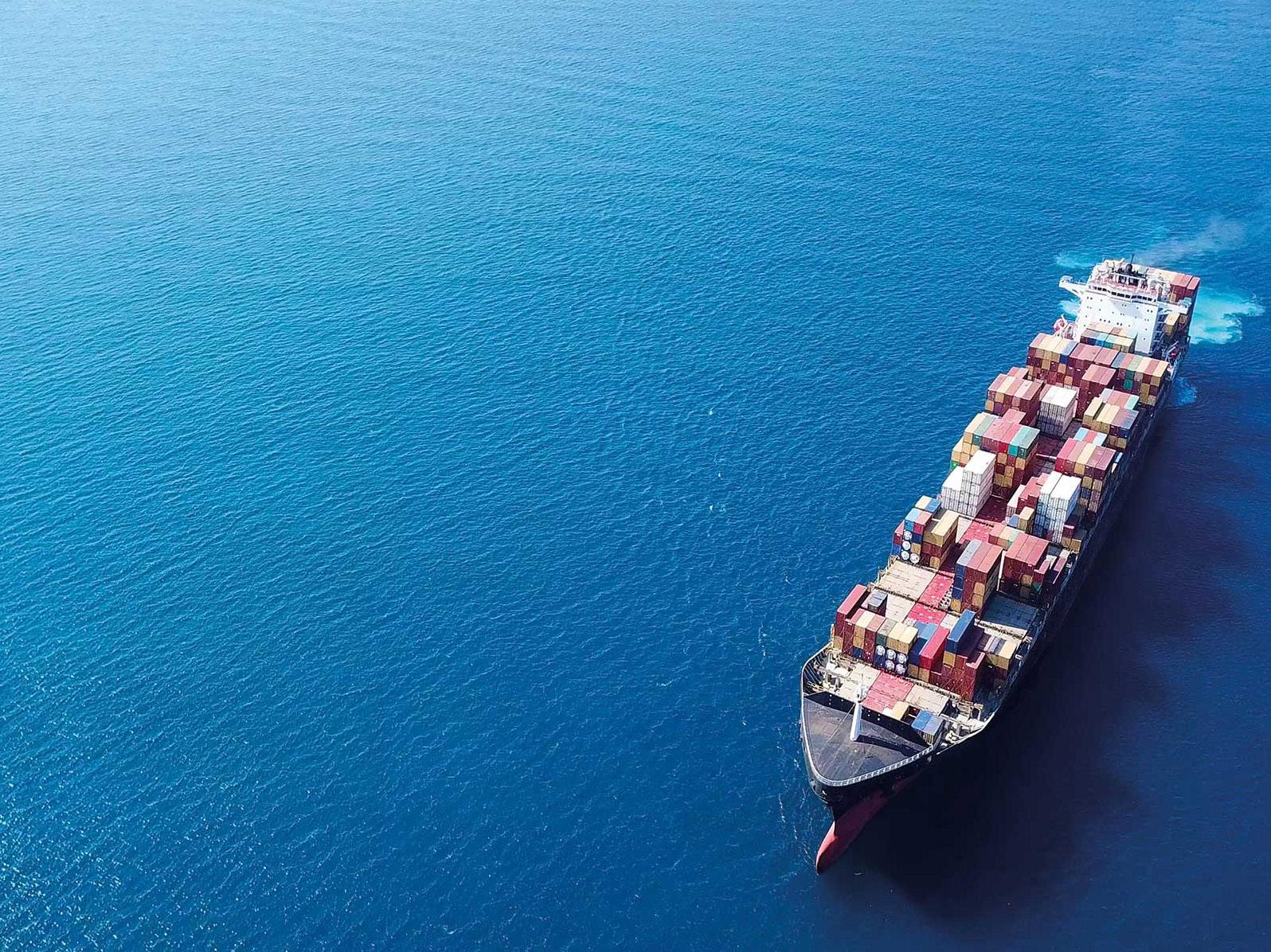
1 minute read
The Africa Logistics
ture but also position itself as a pivotal player in the global supply chain ecosystem.
Challenges and the Path Ahead: Navigating the Waters
Advertisement
While Africa is brimming with potential to establish itself as a dominant player in global logistics, it’s essential to recognize the challenges that can influence this trajectory. Addressing these issues head-on is pivotal for sustainable growth.
Diverse Political Landscape: Africa’s mosaic of nations comes with diverse political systems, agendas, and stability levels. This diversity can sometimes lead to policy inconsistencies, affecting seamless logistics operations across countries.
Financial Constraints: Securing adequate funding for vast infrastructure projects is often a hurdle. While international investors show interest, the conditions attached can sometimes hamper the pace and direction of development.
Infrastructure Gaps: While some regions have seen rapid infrastructural development, others lag. This disparity affects the holistic growth of a connected logistics network.
Technical Limitations: While technology promises a revolution in logistics, the lack of robust digital infrastructure, especially in remote areas, can slow down its adoption.
Bureaucratic Hurdles: Inefficient and often cumbersome bureaucratic processes can delay projects, increase operational costs, and deter foreign investments.
Skills Gap: The logistics domain requires specialized skills, and there’s a pressing need to bridge the gap between industry requirements and available expertise.
External Competition: Established global logistics hubs in other parts of the world present stiff competition. Positioning Africa favorably against these hubs requires strategic efforts and differentiation.
Environmental Concerns: Logistics projects, especially infrastructure developments, can impact the environment. Balanc- ing growth with sustainability is a challenge that can’t be overlooked.
By understanding and strategizing around these challenges, Africa can pave a clear path towards establishing a resilient and globally-competitive logistics hub.
Conclusion
Reflecting on Africa’s evolving logistics landscape, it’s imperative to consider the underlying questions: How can Africa maintain this accelerated growth? What strategies will fortify its stance as a linchpin in global connectivity?
The future, while promising, demands continuous effort in innovation, collaboration, and resilience. As Africa scripts its success saga, the global business community should observe keenly. The message is clear: Africa isn’t just a burgeoning logistics hub; it’s the next big epicenter of global opportunities. And for visionaries, the time is ripe to embrace and collaborate with this dynamic continent.










